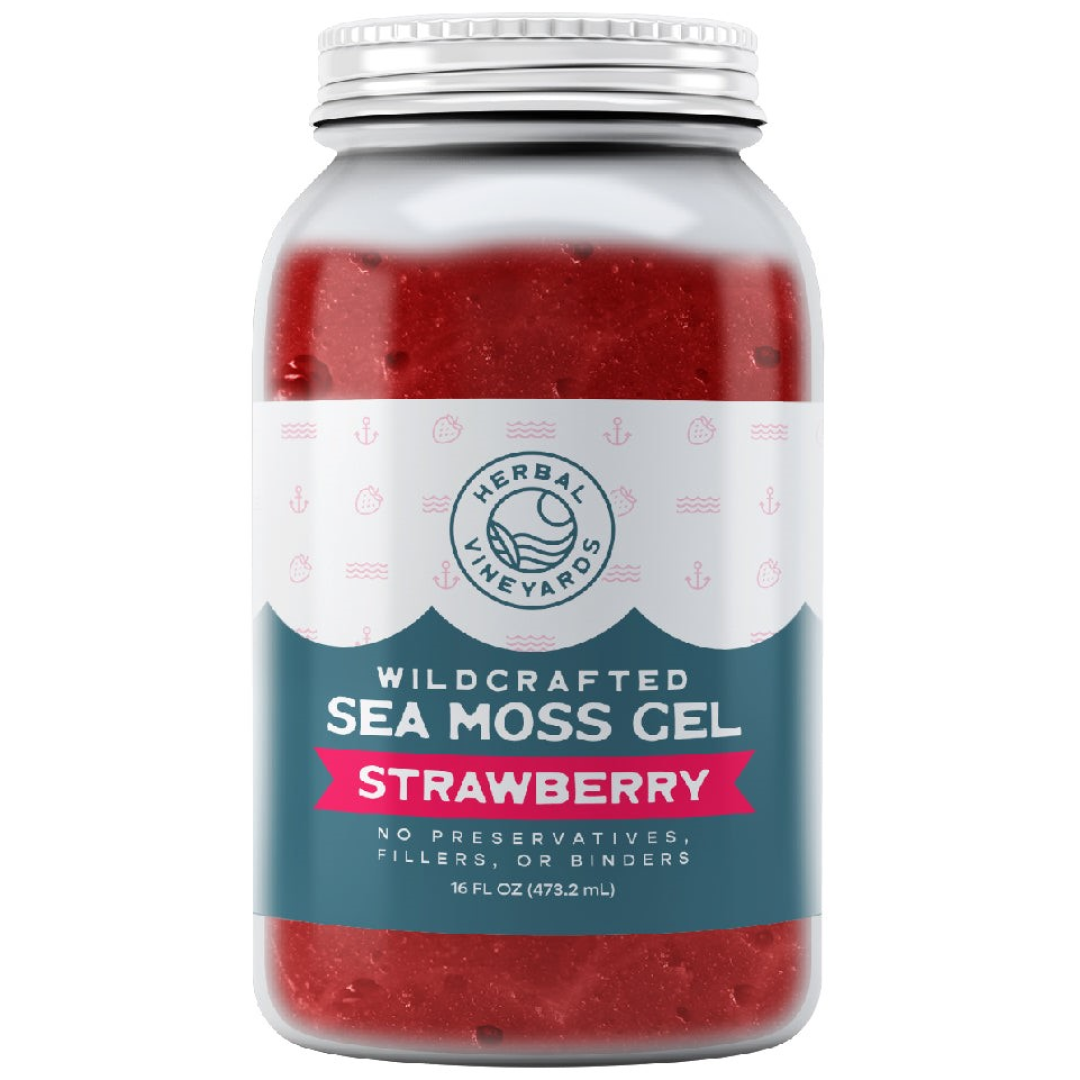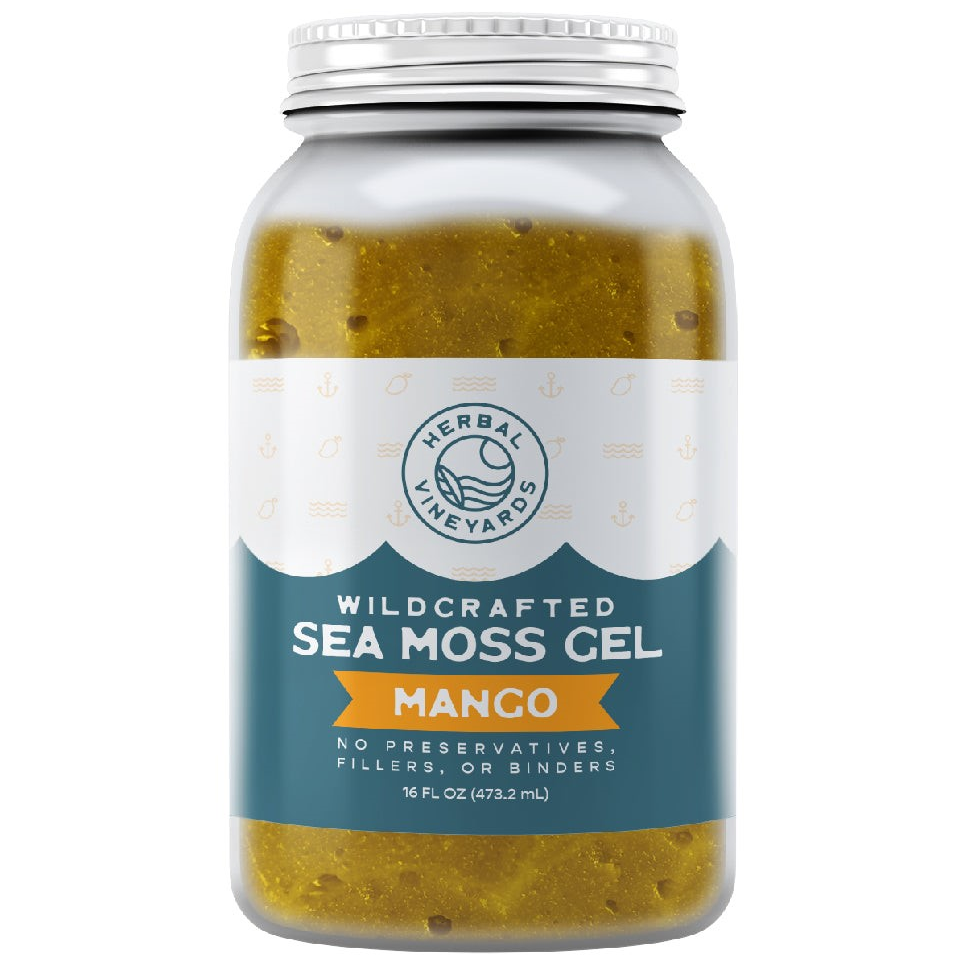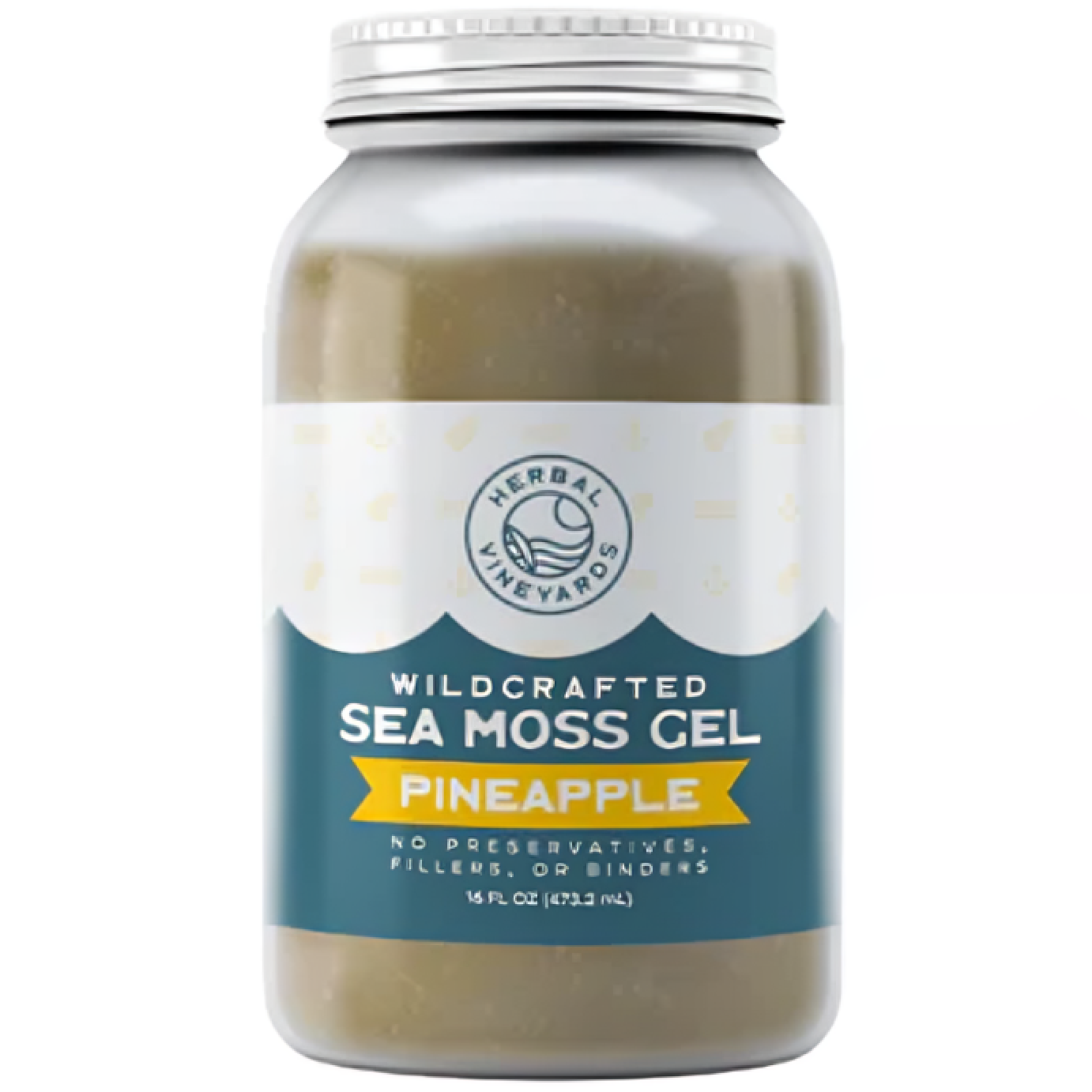How Regular Consumption of Sea Weed Supplements Helps with Blood Disorders
It has been believed that sea moss contains many nutritional and therapeutic properties. It had become a common food source in the British Isles due to evidence of its usage in Chinese medicine around 600 B.C. According to the World Health Organization, vascular-related diseases, such as atherosclerosis, are the leading cause of mortality worldwide. Therefore, to treat thrombotic-related events, heparin, a sulfated glycosaminoglycan from the glycosaminoglycan family, is one anti-coagulant and antithrombotic drug commonly used for this purpose. The most prevalent natural source of non-mammalian anti-coagulant sulfated polysaccharides is marine seaweeds which include (green, red, and brown seaweeds. Previous studies conducted research on the antithrombotic, anti-adhesion, anti-tumorigenic, antiviral, and antioxidant properties of sulfated seaweed polysaccharides and heparin-like algal polysaccharides.
When it comes to preventing blood clots, a recent study found that two dry Fucus extracts, DFE-1 and DFE-2, generated using ultrasonography, were tested for their anti-coagulant properties. Similarly, a study in 2015 showed anti-coagulant actions, an in vivo experiment was carried out on Wistar rats in which enhanced blood clotting time was investigated. This was accomplished by measuring the activated partial thromboplastin time (APTT) and the prothrombin time. Based on these studies, we can say that regular consumption of seaweeds assists us in combating blood disorders.
Antithrombotic effect of seaweed
A marine algal polysaccharide, particularly Fucoidans, has received a lot of attention in the last year because of the strong anti-coagulant and antithrombotic effect. Fucoidans catalyze antithrombin (AT) and heparin cofactor II (HCII), inhibiting thrombin. Antithrombin is a protein in our bloodstream that acts as a naturally occurring mild blood thinner and inhibits many coagulation system enzymes. Their affinity for each SERPIN differs depending on the seaweed species from which they are isolated and their chemical composition and molecular weight. Seaweeds also help to maintain the principal blood clotting factor thrombin, which controls the balance between thrombosis and haemorrhage.
The fucoidan extracted from Undaria pinnatifida is a galactofucan sulphate with a typical weight per molecule of about 713 kD. The findings from the in-vitro study might point to the fact that fucoidan inhibits fibrin synthesis, preventing clot formation or reducing the thrombin-mediated conversion of fibrinogen to fibrin. Therefore, it is likely that fucoidan has an activity similar to that of heparin (that is, it prevents the formation of clots) to lengthen the aPTT through anti-Xa activities and anti-IIa).
Anti-coagulant effect of seaweeds
There are numerous uses for seaweeds because they are a rich source of Vitamins A, B2, B9, B12, D, E, F, and K; magnesium, calcium, potassium, taurine, sulphur, and collagen are all included in this supplement. This demonstrates that it is highly advantageous to one's health. In addition, because of these rich supplements, seaweeds are helpful in the treatment of blood clots, which is why seaweeds are used as a blood thinner
in patients with high blood pressure.
In Brazil, Dictyopteris delicatula, a brown seaweed, consists of polysaccharide-rich extract. Additionally, various biological activities, including anti-coagulant, and antioxidant properties, were demonstrated, which is why Sulfated polysaccharides for future study can be a prospective for new medications for thrombosis, anti-tumor, and antioxidant therapy.
Check out sea moss supplements here.
References
Min, S. K., Kwon, O. C., Lee, S., Park, K. H., & Kim, J. K. (2012). An antithrombotic fucoidan, unlike heparin, does not prolong bleeding time in a murine arterial thrombosis model: A comparative study of undaria pinnatifida sporophylls and fucus vesiculosus. Phytotherapy Research, 26(5), 752–757. https://doi.org/10.1002/ptr.3628
Raskob, G. E., Angchaisuksiri, P., Blanco, A. N., Büller, H., Gallus, A., Hunt, B. J., Hylek, E. M., Kakkar, T. L., Konstantinides, S. V, McCumber, M., Ozaki, Y., Wendelboe, A., Weitz, J. I., & ISTH Steering Committee for World Thrombosis Day. (2014). Thrombosis: a major contributor to global disease burden. Seminars in Thrombosis and Hemostasis, 40(7), 724–735. https://doi.org/10.1055/s-0034-1390325
Irhimeh, M. R., Fitton, J. H., & Lowenthal, R. M. (2009). Pilot clinical study to evaluate the anti-coagulant activity of fucoidan. Blood Coagulation & Fibrinolysis : An International Journal in Haemostasis and Thrombosis, 20(7), 607–610. https://doi.org/10.1097/MBC.0B013E32833135FE
Pushpamali, W. A., Nikapitiya, C., Zoysa, M. De, Whang, I., Kim, S. J., & Lee, J. (2008). Isolation and purification of an anti-coagulant from fermented red seaweed Lomentaria catenata. Carbohydrate Polymers, 73(2), 274–279. https://doi.org/10.1016/J.CARBPOL.2007.11.029







